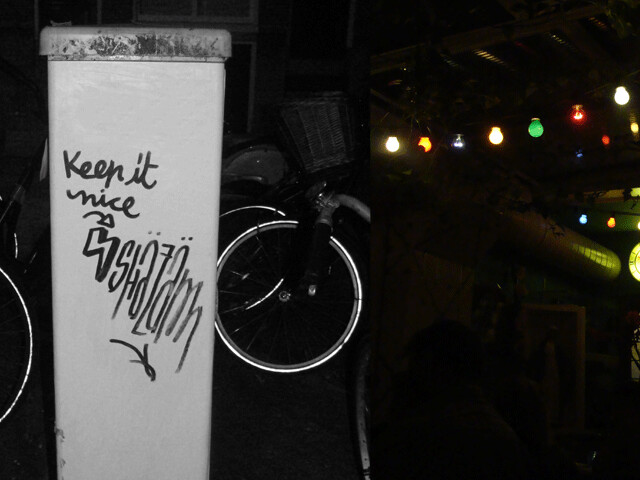
I’m not big on nostalgia, but “books I once owned” is a class of memories guaranteed to induce misty-eyed reverie, if not outright pangs of regret. My eyes slide along the shelf of English language novels, L-P, then skip back to M… Mantel. Hang on.
Where is Black Books? Did I lend it out and never get it back? Or DID I THROW IT INTO A RECYCLING BIN?! (Please, hear me out / have mercy.)
Call it careless, call it idiocy, but in my time I’ve suffered a couple of episodes of large scale Book Loss. “Suffered” as in “allowed to happen”.
The first tragic book abandonment was the result of a break-up. In the heat of moving out, it seemed there were more important things to deal with (well, you live and learn). As a result, I’m not entirely sure what I read in the 90’s and early 00’s. Most of the Most Important Books went with me, as well as ones likely to be referenced this lifetime, but the losses included a number of valued gifts (A Confederacy of Dunces) and excellent reads – including Richard Flanagan’s bonkers Gould’s Book of Fish, which I would give my right carp to revisit.
The second, more traumatic bookocalypse occurred during our move from Amsterdam to Stockholm. [*AVERT EYES NOW IF SENSITIVE TO SCENES OF SENSELESS BOOK WASTAGE*] Trying to keep the shipping manageable, I talked myself into doing away with the cubic yards of scrappy second-, third-, and ninth-hand Penguin Classics I’d accumulated. Once the boxes shipped, I took the Reluctant Discards to the recycling station pile… only to find that buried underneath the Ovids and Nietsches were a couple of stacks of Keepers.
Is this where Black Books met its end? Hard to say, since, understandably, I’ve since undergone extensive hypnotherapy to wipe all memory of the incident.
In addition to these two acts of bibliographical recklessness, there have been the other, slower library erosions. Nothing wrong with books given away, especially those titles that didn’t make their mark on me and would have been more appreciated in the hands of another reader.
Then there are those unreturned lendings. Honestly, I’m not irate about those. Not at all. Honest. In fact, the only reason I can list the authors, titles, name of the lendees, and venue in which the lending took place is because I have a photographic memory or something. Must be that. *PENCIL SNAPS*
To Replace or Not To Replace? The urge is strong to binge order new copies of those most missed. It’s lunacy to do that when there are new books to be read. Right? But I *have* been meaning to do more re-reading of favourite books. Though what if the edition I knew and loved is out of print, will a different edition feel like an imposter?? Could wait to pick them up second hand, though that could take decades…
Because these lost books are the only record of my development as a reader. The humour and horror of my teens, the drama of my student years, the hardboiled crime of my twenties.
On some level, I still believe these books are still hidden somewhere on our shelves, Phantom Tomes whose spines are almost visible in peripheral vision, whose covers pass before my eyes every time their titles come to mind.
Did you hear that creak of aging paperback spine? Maybe I’ll take another look. They’re here somewhere, I know it…




